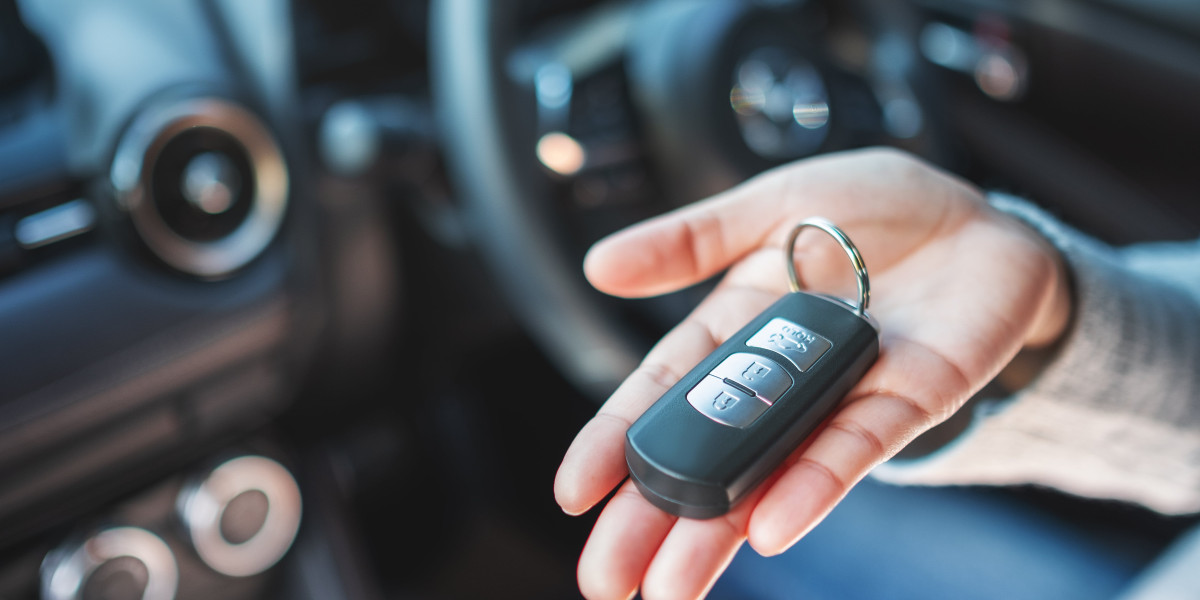Getting a Replacement Key for Your Car: A Comprehensive Guide
Losing or harming a car key can be an aggravating experience, however thankfully, obtaining a replacement key does not need to be extremely made complex. In this useful guide, we will detail the various actions, choices, and factors to consider associated with getting a replacement key for your car.

Comprehending Car Keys
Before diving into the replacement Key For Car process, it is essential to comprehend the various types of car keys available. Here's a quick introduction:
| Type of Car Key | Description |
|---|---|
| Standard Key | A basic metal key that mechanically unlocks and starts the vehicle. |
| Transponder Key | A key with a chip that communicates with the car's ignition system for added security. |
| Key Fob | A remote device that allows keyless entry and might consist of functions to begin the vehicle from a range. |
| Smart Key | A distance key that allows the driver to unlock and begin the car without physically utilizing the key. |
| Valet Key | A restricted key that permits limited access to the vehicle, generally for valet services. |
Understanding the kind of key you have is important in identifying the process of obtaining a replacement.
Actions to Get a Replacement Car Key
If you discover yourself in requirement of a replacement car key, follow these actions to navigate the process effectively:
1. Determine the Type of Key
- Determine whether you have a traditional key, transponder key, key fob, or clever key. This details will affect the replacement treatment.
2. Check Your Insurance Policy
- Evaluation your auto insurance plan to see if it covers key replacement. Some policies use this benefit, which could conserve you money and time.
3. Contact Your Car Dealership
- Reach out to your car's car dealership, specifically for more recent cars that utilize innovative key technology.
- Be prepared to offer your vehicle identification number (VIN), proof of ownership, and potentially your vehicle registration.
4. Go to a Locksmith
- Think about going to an expert locksmith professional who has experience with automotive keys.
- Many locksmiths can create and set transponder keys and key fobs at a lower cost than car dealerships.
5. Utilize Online Services
- Some services focus on automotive key replacement and may offer online assistance.
- Beware and make sure that you choose a credible provider.
6. Cost Considerations
- Understand the possible costs included in getting a replacement key. Below is a basic cost estimate based upon key type:
| Key Type | Approximated Cost Range |
|---|---|
| Traditional Key | ₤ 2 - ₤ 5 |
| Transponder Key | ₤ 50 - ₤ 200 |
| Key Fob | ₤ 100 - ₤ 600 |
| Smart Key | ₤ 200 - ₤ 500 |
Frequently Asked Questions (FAQs)
1. The length of time does it take to get a replacement key?
- The time to acquire a replacement key varies depending on the supplier. Dealerships might take a few days, while locksmiths can frequently supply a key the exact same day.
2. Can I replace a key myself?
- While it is possible to order a blank key online and suffice yourself, setting electronic keys typically requires specialized devices.
3. What should I do if my key is lost or taken?
- If your key is lost or taken, it is smart to reprogram your locks to prevent unapproved access to your vehicle.
4. Are all car keys programmable?
- Not all car keys can be configured. Conventional mechanical keys are cut however do not need shows, while transponder keys and clever keys do.
5. How can I avoid losing my car keys in the future?
- Think about investing in a key tracker, designating a particular spot for your keys, or using a keychain that makes your keys more obvious.
Final Thoughts
When confronted with the overwhelming task of changing a car key, it is vital to comprehend your choices and choose the most efficient route tailored to your requirements. Whether you choose a dealership, a locksmith, or an online service, being educated will enhance the procedure and help ease a few of the tension connected with lost or harmed keys. Remember to keep any brand-new type in a safe designated location to avoid comparable issues in the future.



